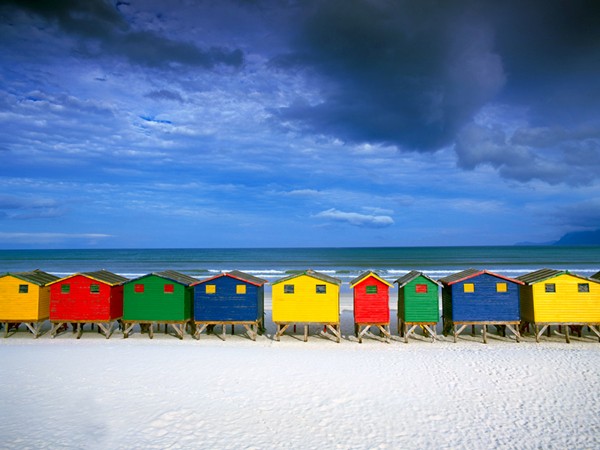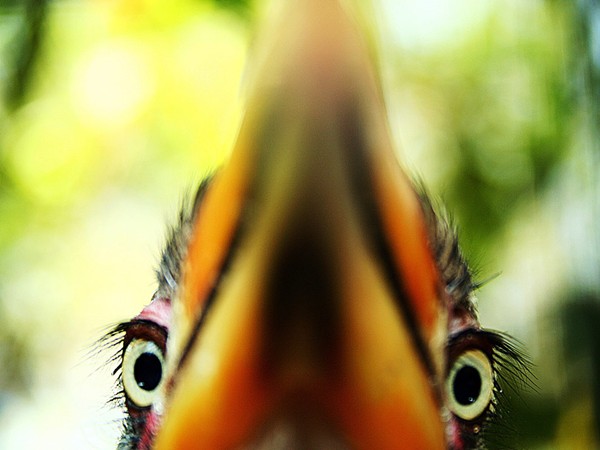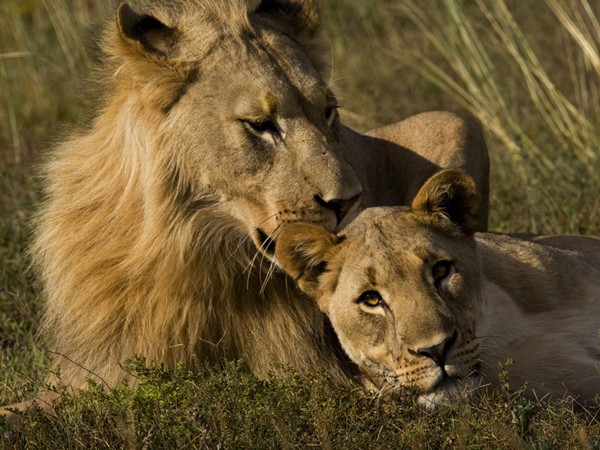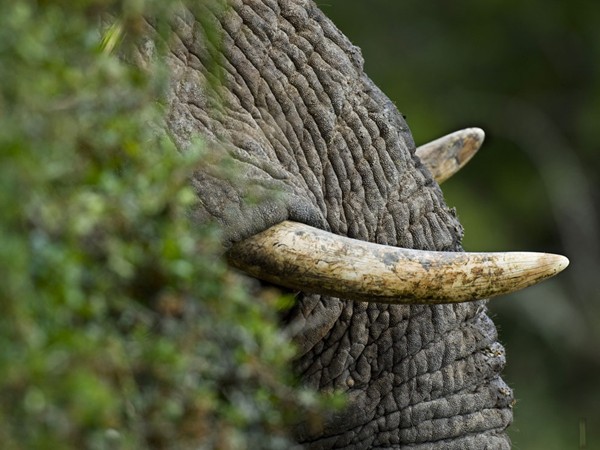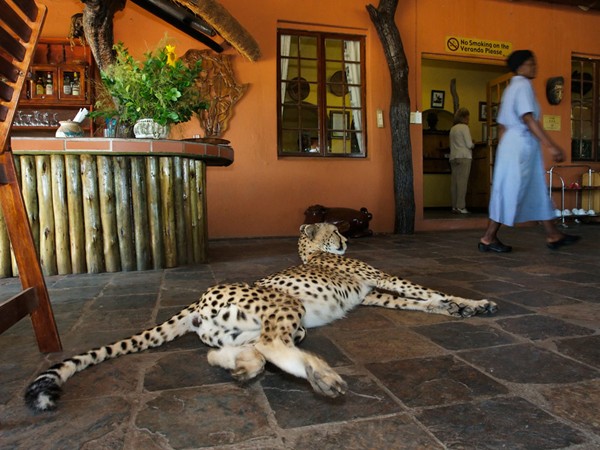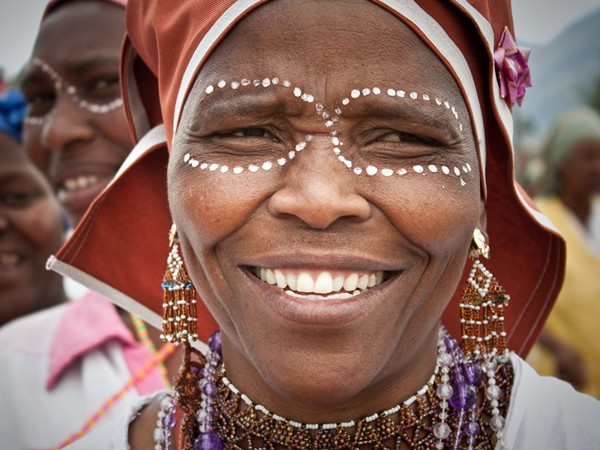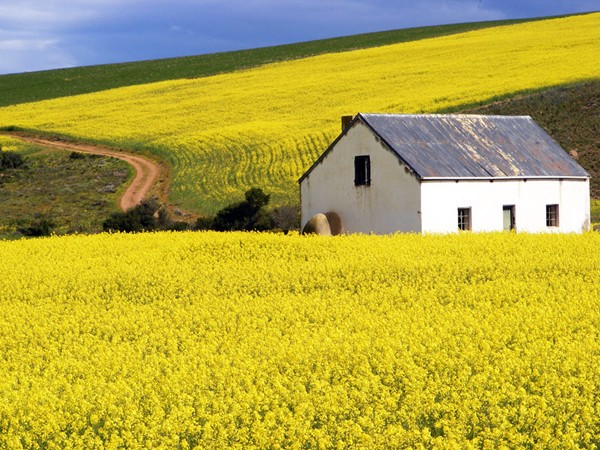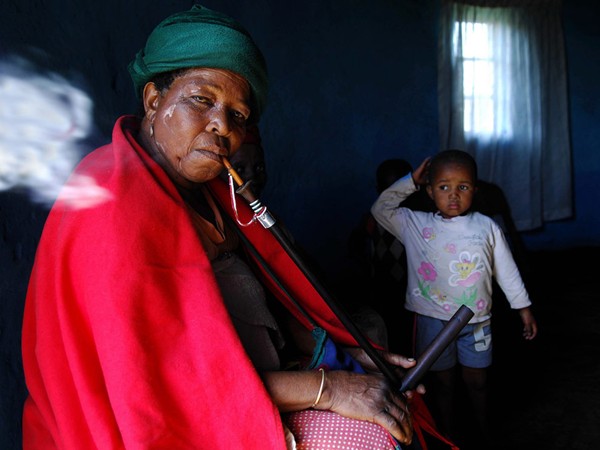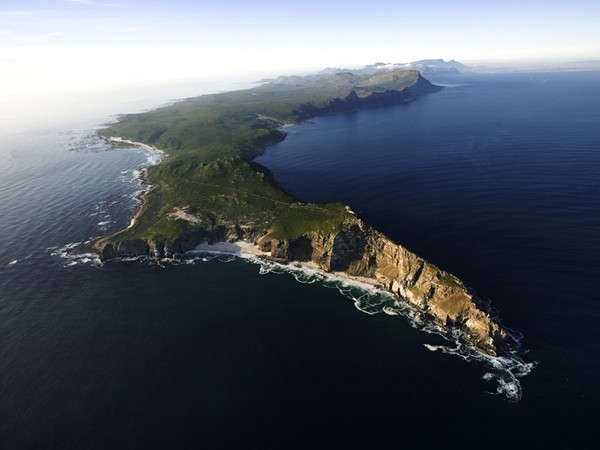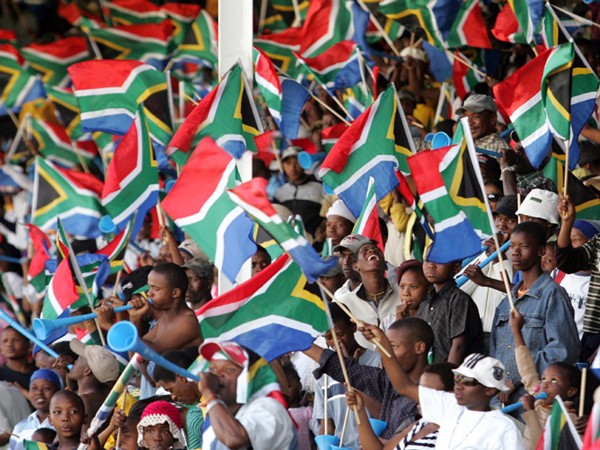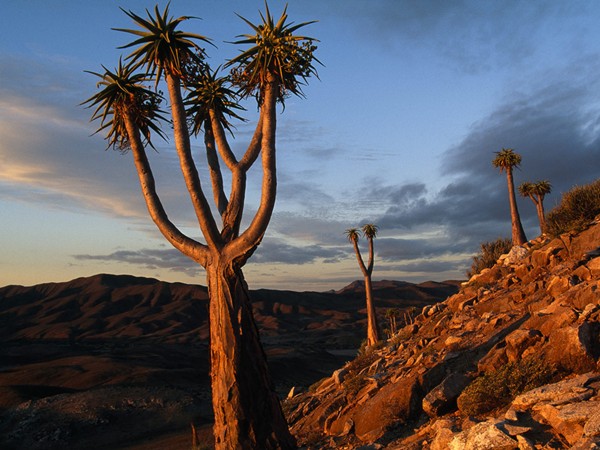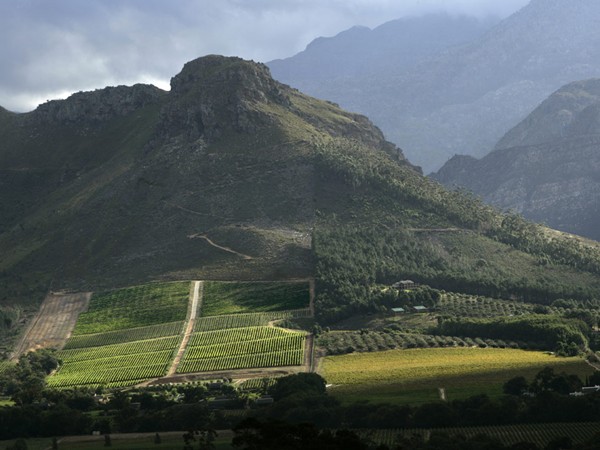Photography: South Africa
South Africa photo gallery
From 1948 to 1991 South Africa's political system was dominated by apartheid, a policy of segregation that isolated blacks in so-called homelands and overcrowded townships. Blacks, or Africans, compose 78 percent of the population, with whites at 10 percent, coloreds (mixed race) 8.7 percent, and Asians (Indians) 2.5 percent. In 1989 a reform-minded government, spurred by international economic sanctions as well as domestic protests, began the process of dismantling apartheid. A year later Nelson Mandela, the long-jailed leader of a black nationalist group, was released.
By the middle of 1991 all remaining apartheid legislation was revoked, including the Population Registration Act, which classified South Africans by race and was widely considered the cornerstone of apartheid. In March 1992 white South Africans voted in favor of negotiations aimed at replacing the constitution with a nonracial one, accomplished in 1993. The first multiracial parliament was elected in 1994. Nelson Mandela—winner of the Nobel Peace Prize in 1993 in conjunction with former President Frederik W. de Klerk—became the new president, and the black homelands were abolished.
In the 21st century, South Africa is a democratic country representing all its diverse people—often called the rainbow nation. The government recognizes 11 official languages (including English). Today South Africa is making up for decades of social disruption and lost education, but high unemployment and the AIDS epidemic threaten economic progress. Without effective prevention and treatment, AIDS deaths could total 5 to 7 million by 2010.
© National Geographic
Comments: 0
There are no comments yet, be the first to write a comment!

